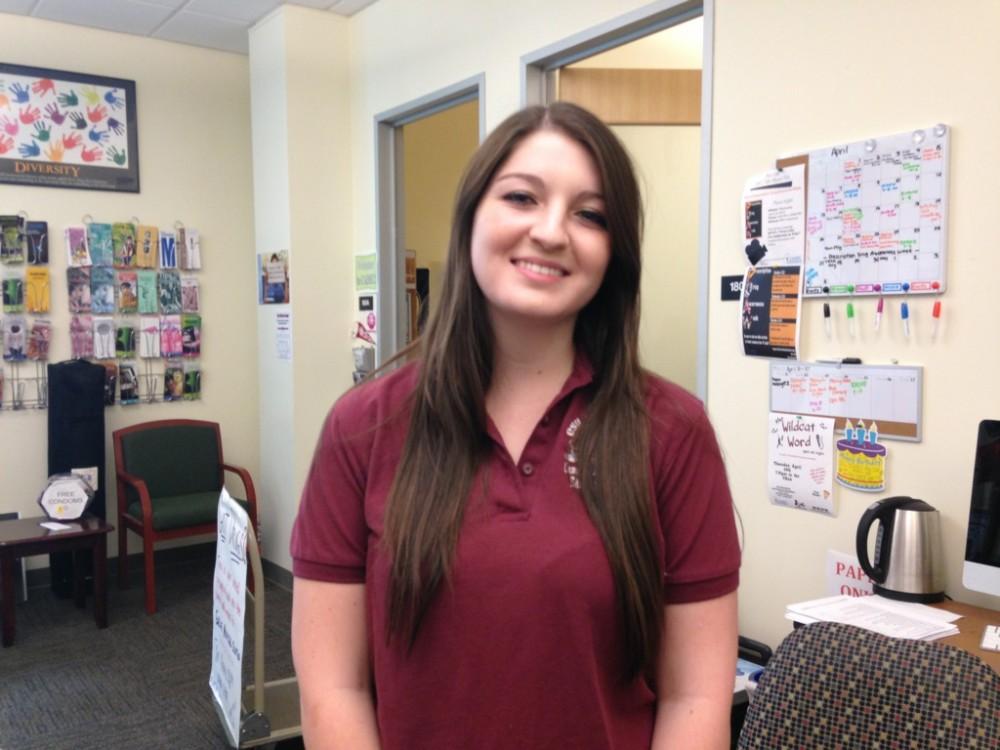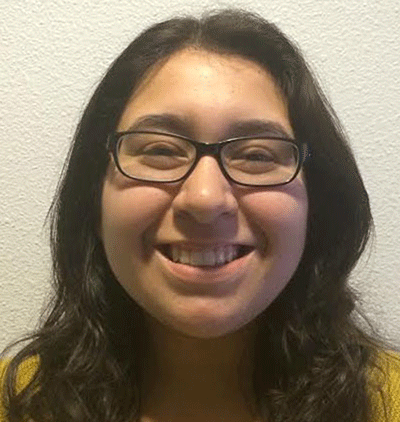
Every day in the United States, 105 people die from a drug overdose, according to the Centers for Disease Control and Prevention. Each year,20,000 people die from prescription drug overdoses.
The Campus Alcohol and Drug Education Center aimed to decrease these numbers through Prescription Drug Awareness Week, April 22-24. The goals of the events were to bring light to the
issue and to provide the community with information and resources.
CADEC set up 55 chairs April 22 on the George Peterson Rose Garden lawn to represent the number of people who die every day from prescription drug overdoses. That is more people than those who die in car accidents in the United States each day.
Caroline Galbraith, a sophomore psychology major, peer educator and social
media intern at CADEC, doesn’t think students realize how many people
are affected by prescription drugs.
“We
wanted to do a shock value aspect at the beginning of the week to get
people interested, and to realize that it is a huge issue and the numbers
are going up,” Galbraith said.
Events throughout the week included a showing of MTV’s “True Life: I’m Addicted to Meds” and an open mic night. The episode showed experiences of
college-age adults.
“It
showed that people go through recovery and not all people just continue
it for the rest of their lives,” Galbraith said. “It’s possible to quit.”
Open
mic night was a way to help people de-stress, she said. A lot of
people use prescription drugs to calm themselves down.
Evan Thibeau, a junior psychology major and peer educator for CADEC, has witnessed the effects of prescription drug dependence.
“One of my first interactions with prescription drug abuse was when I had to sit in on an intervention for my cousin who was addicted to painkillers,” Thibeau said.
It is one of the reasons he works in CADEC, he said. He’s seen how drugs can not only hurt the person abusing them, but a whole family and group of friends, too.
“I’m really hoping to raise awareness and to break down barriers or help people to find help,” he said.
Because of his knowledge and experience in the field, Thibeau’s friends and family have come to him for help.
“I have one friend who has gotten through an alcohol addiction,” Thibeau said. “I feel it’s because I’ve helped him find the resources that he’d need.”
If a person is using a prescription they’re not supposed to, it can be harmful to themselves and to other people.
“Addiction is a disease, and we try to gear it in that direction,” he said. “We’re not talking to an addict. We’re talking to someone who has an addiction.”
Trisha Seastrom, CADEC program director, plays a role in bringing programs to raise awareness.
“We live in a culture that turns to pills and medications to solve our problems,” she said. “All you have to do is watch television to see that. And there are
advertisements for pharmaceuticals at every turn.”
There are ways to cope with stress that are healthier than
turning to drugs or alcohol, she said.
“It’s not uncommon to work with people who are struggling with this,” she said. “Recovery is very possible. ‘As long as there’s life, there’s hope,’
is what I like to say.”
Dominique Diaz can be reached at featureseditor@theorion.com or @dominiqueldiaz on Twitter.







